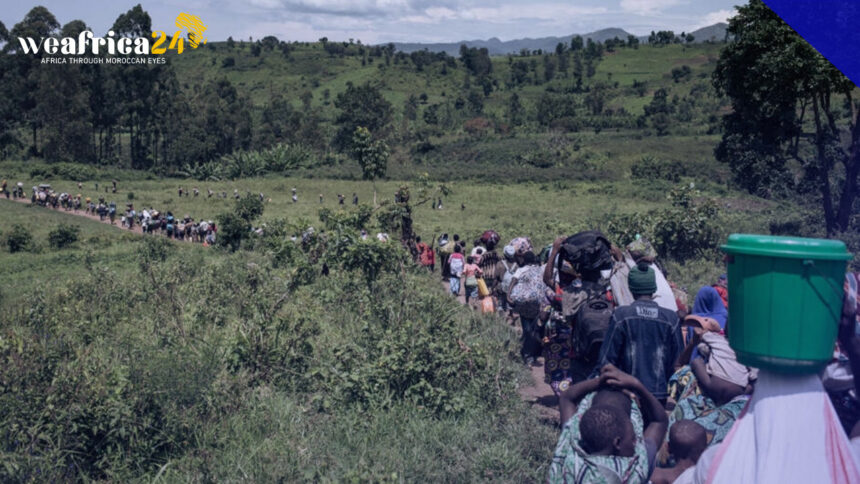The United Nations group of experts on the Democratic Republic of the Congo has recently presented a new report on the state of violence in the country. The findings are disheartening, with the emergence of episodes of intense violence in several provinces over the past few months, further deteriorating an already alarming humanitarian situation.
In the west, the province of Maï-Ndombe is a cause for concern. The inter-communal conflict triggered in mid-2022 has claimed hundreds of lives and destroyed numerous villages and infrastructure, including schools and medical facilities. It has also expanded geographically, with experts expressing fears of spillover even reaching the capital, Kinshasa.
Ethnically, it has broadened with the emergence of new groups comprising members from other allied communities. Captured or surrendered Mobondo fighters have been enlisted in the Armed Forces of the DRC (FARDC), trained, and sent to the East in North Kivu to combat the M23, reports our correspondent at the UN headquarters in New York, Carrie Nooten.
UN experts reaffirm Rwanda’s support for M23 rebels
Because North Kivu (East) remains the epicenter of violence, especially with the resumed conflict between the army and the M23, the experts confirm that all parties have violated the ceasefire. The report once again highlights Rwanda’s support for the rebels, providing evidence through photos, videos, and testimonies proving Kigali’s involvement, including direct military intervention or support to the M23 in terms of personnel and materials.
In the province of Ituri, inter-communal dialogues aimed at curbing endemic violence have failed.
The Congolese army has increased its use of armed groups such as the FDLR, Wazalendo militias (“true patriots”), and even Burundian soldiers: over a thousand members of the FDNB have reportedly been deployed on the Sake-Kitchanga route since early October, wearing Congolese uniforms, according to investigators.
The FARDC also relies on private military companies, such as Agemira RDC and Congo Protection, which, according to the report, have intensified their tactical and strategic support. They sometimes oversee strikes, transport troops, or protect infrastructure.
Most importantly, the report highlights their sources of funding, showing that the mining ban imposed by the DRC has not been respected, and the illicit gold trade has benefited some of these groups.







